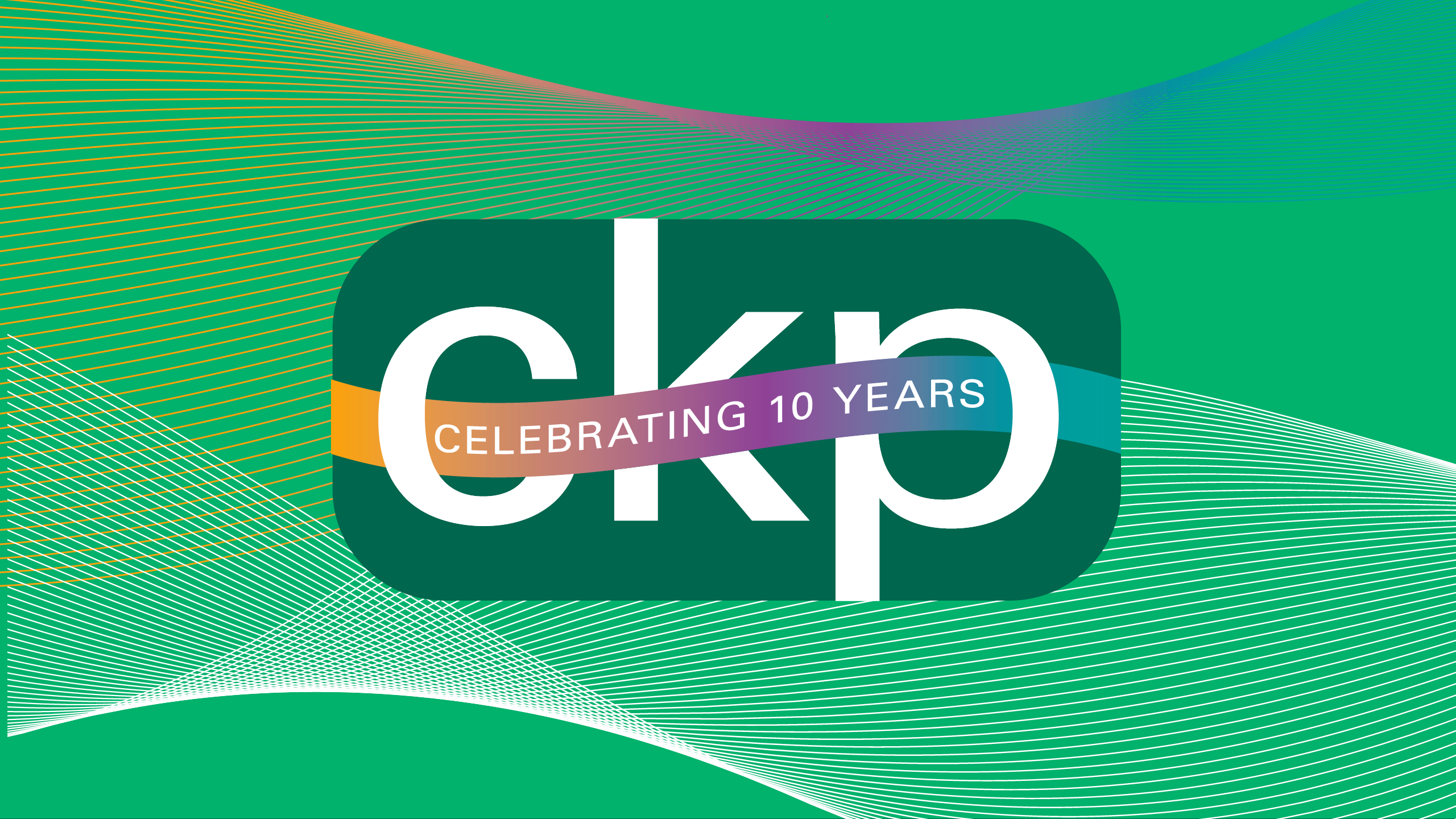Relationships with reporters are tricky: Here’s how public relations pros can get it right

It’s no secret that the state of journalism is in constant flux. These days, traditional reporters aren’t the only ones we rely on for information: bloggers, influencers and citizen journalists also contribute to the media landscape and cultural zeitgeist. The long-established relationship between publicists and their media counterparts has also changed. But while the new protocols might not be so straightforward, the end goal remains the same: to build trust so that reporters and other content creators come to you when they need information, ideas and resources.
As a public relations professional, my job is to help clients refine and package a pitch so that the message resonates with writers and successfully lands in front of the target audience. To do that, it’s imperative to know what makes a good story, to stay on top of changing trends, and most importantly to cultivate and maintain positive, mutually beneficial relationships with journalists.
Like all relationships, it’s more art than science. Still, there are best practices that can increase your chances of success.
Tip 1: Know Your Stuff
It seems obvious, but knowledge about and commitment to your client, its work and its messaging are paramount. Approach each press release or pitch as a mini research project, and ensure that the content is thorough and correct. Take time to anticipate follow-up questions and craft thoughtful responses. And remember that no one is expecting you to be an expert about everything—if the conversation veers beyond your knowledge base, don’t be afraid to request extra time to provide them with accurate information.
Tip 2: Know Their Stuff
Almost hands-down, a journalist’s biggest pet peeve is receiving irrelevant press pitches and story ideas. Do not flood a reporter’s inbox with materials just because you have their contact information. Start by reviewing each contact’s byline, and check their social media activity for clues on their interests and leanings for insight on how they might cover a story. Make sure you understand each media outlet’s audience demographics to decide whether pursuing a placement will contribute to your business and marketing goals. Before you reach out, take into account a journalist’s contact preferences.
Tip 3: Be Real, but Guarded
Yes, this is a relationship based on mutual professional interests, but that doesn’t mean you should only discuss work. Reporters are people, too, so don’t be afraid to engage with them and make an authentic connection. But don’t force it—be mindful of their style of communication and let their tone guide yours. If possible, set regular touch points in person or by phone so your relationship is more than about transactions and placements. Read their stories to show commitment and interest. But remember to never assume anything is off the record. If you’re giving information or being helpful, always clarify if something is on background, on the record or off the record.
Tip 4: Be Helpful and Prompt
In digital publications, the first one to post a story wins. When a reporter asks for something, do your best to give them what they want and do so quickly. Prepare materials in advance so you can respond immediately—less friction means a shorter timeline from pitch to publication. That means having images with captions and credit on file, experts available for interviews and internal protocols in the event that you find yourself responding to a crisis situation.
Tip 5: Follow-up and Follow-Through
Following up is a best practice, and so is the ability to know when let go of a story or run the risk of getting blocked. A sure way to stay connected to reporters and their outlets is to like, comment on and share their content on social media channels. When you score a placement, a thank-you note is always appropriate. If corrections are needed to a story, be courteous and professional.
More Blog Posts

Let’s be real—communication at work is kind of like a group chat. Some people over-share, some barely respond, and others...

Once upon a time, PR meant faxing a press release and hoping someone, somewhere, had paper in their machine. All...

Employee Appreciation Day, recognized on the first Friday in March, will be celebrated this year on March 7. It is...

1. The Power of Sustained Impression (Or: Stop Passing Out at First Dates) Let me tell you about a date...


